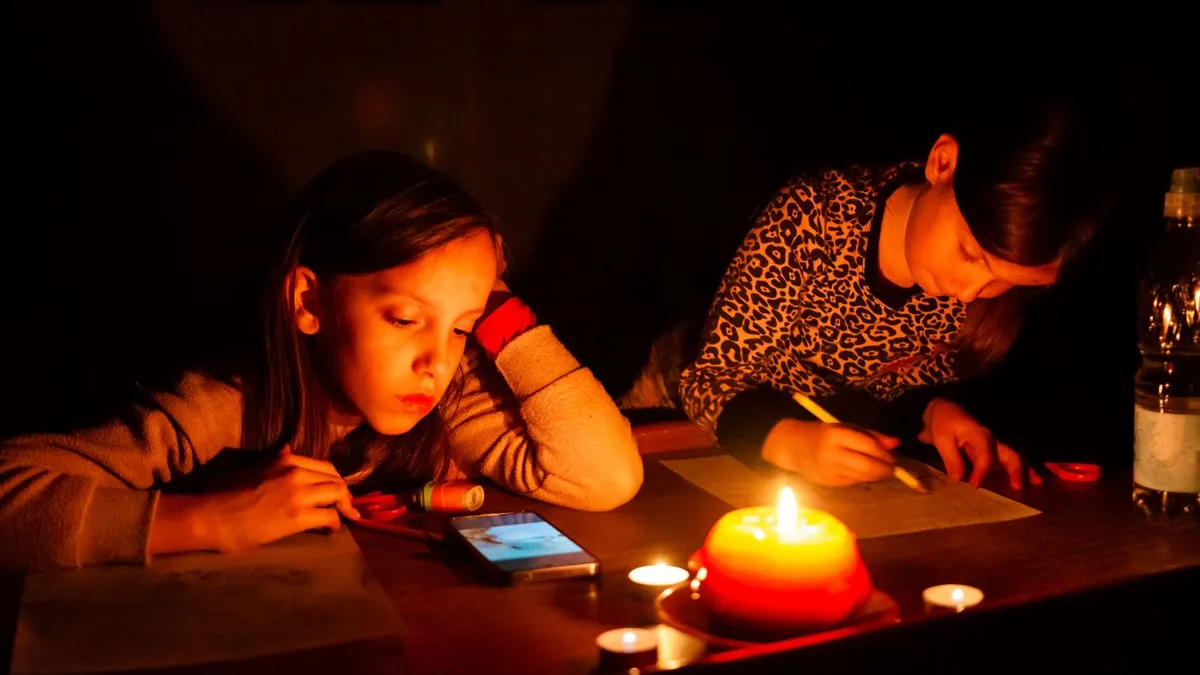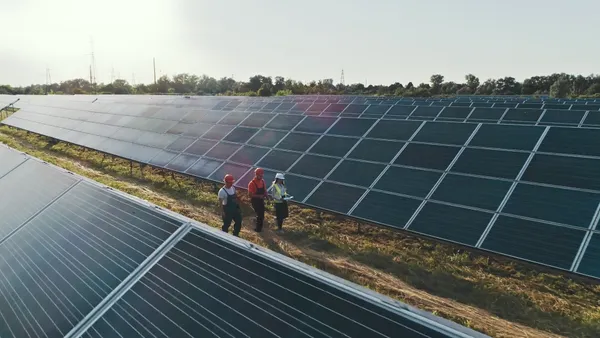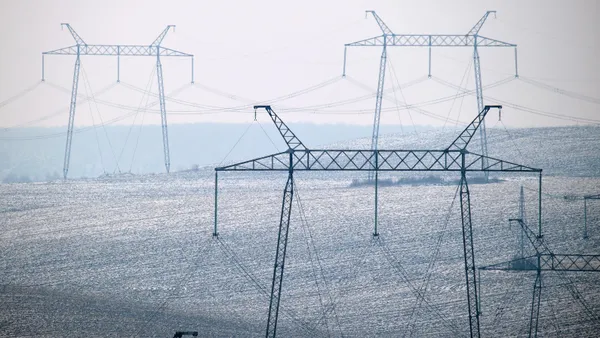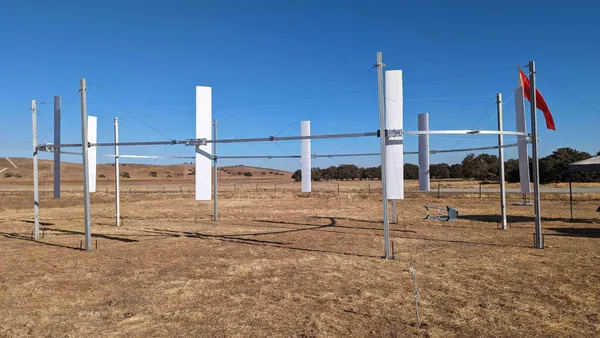Dive Brief:
- Indiana Senators this week voted 39-9 to end the state's net metering program by 2027, replacing it with a system requiring solar customers to sell all the energy they produce to the utility and purchase it back as needed.
- The bill will now head to the House of Representatives for debate. Previous attempts to roll back net metering failed to reach a vote last year.
- According to the Associated Press, solar energy is less than 1% of Indiana's energy use, and the state's net metering program is capped at 1% of summer peak as well. In 2013, the state ranked third for coal consumption.
Dive Insight:
A measure to eliminate net metering passed Indiana's Republican-controlled Senate easily this week, and now heads to the House where the same party holds about 70% of the seats.
If Senate Bill 309 is passed, solar customers would sell all of the power they produce at a wholesale rate of about $0.03/kWh, and purchase the power they need at $0.11/kWh. The balance would go towards the utility's cost of maintaining the grid.
This is not the first time lawmakers in Indiana have taken up the idea — a 2015 bill aimed to lower the payback for net metered solar and allow Indiana utilities to add new bill charges, but the bill was pulled before it could reach a vote.
According to the bill, state regulators would approve a rate to purchase customer generation using one of two calculations: either a rate equal to the average marginal price of electricity paid by the electricity supplier during the most recent calendar year, or the direct costs of generating or purchasing electricity that the electricity supplier will avoid by purchasing distributed generation.
After June 30, 2027, "an electricity supplier may not make a net metering tariff available to customers," according to the text of the bill.














